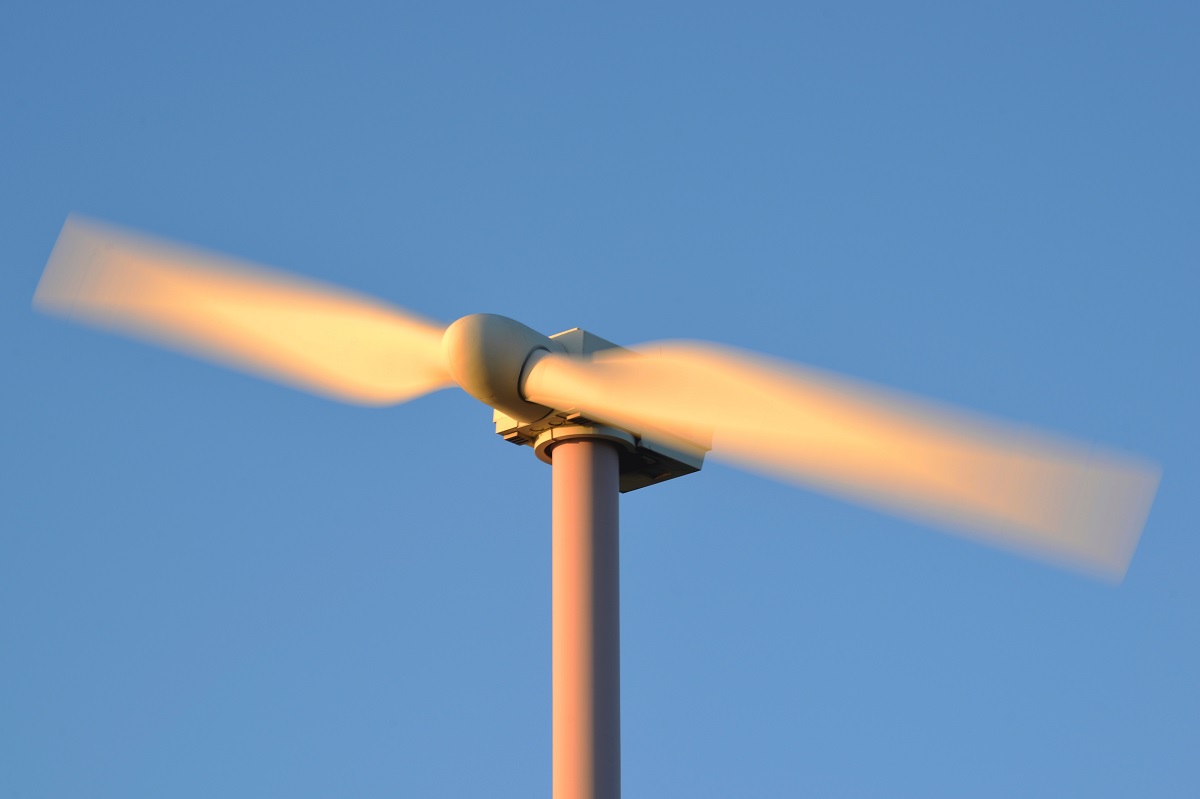Turkey is making significant progress in the energy transition with a share of the total energy mix of about 40% in renewable energy sources. Turkey’s geographical location, favorable weather conditions, and territorial potential provide suitable conditions for investment in renewable energy sources. In addition, the country has a solid energy infrastructure.
Perhaps one of the most important factors is the strategic location of Turkey and its proximity to the European Union, which after the war in Ukraine has a huge need for energy, especially green energy. With its potential and structure of the energy mix, Turkey targets the EU market and the Balkan countries. However, in order to realize this plan, it is necessary to improve the cross-border infrastructure that will enable the trading and marketing of electricity in other markets.
That is why Turkey continues to develop projects that will increase the capacity and renewable energy sources in the country. According to the announcements, only by the end of this year is it expected to complete the administrative procedure for new projects that will mean an additional 3 GW of renewable energy.
For Turkey, gaining a significant place in the energy transition is a strategic issue, but at the same time, it is important for the country’s national economy. In recent years, the country has seen an increase in energy demand, so investment in renewable energy is and will be a potential investment sector, as natural conditions, domestic demand, and potential for energy placement in other markets promise solid potential for recovery. investment and earnings. In recent years, Turkey has also made great strides in introducing renewable energy into households by installing photovoltaics on roof surfaces.
Structurally speaking, most of the renewable energy sources in Turkey are hydropower – 63%, followed by wind energy which accounts for 18% of the total quantities, and solar energy with 13%. The rest belongs to geothermal and bio energy, whose share is still insignificant.
The high percentage of hydropower is not such a good signal, because, in drought conditions, this energy disappears and can not be counted on, as was the case with some other countries. This was the case last year with Turkey, which increased imports of fossil fuels from Russia due to water shortages, especially gas imports.
So far, more than $ 50 billion has been invested in renewable energy projects in Turkey. According to estimates, the country has great natural potential for renewable energy sources for water, sun, wind, and geothermal water, and thus for green hydrogen. Of the total world potential for obtaining energy from renewable sources, Turkey is considered to have 1.7%. The region near the Aegean Sea has huge potential for wind energy. The installed capacity in wind energy reached 10,000 MW. In Istanbul alone, cocoa, which has the highest energy consumption, has 398.7 MW of installed wind capacity. The region of Anatolia has huge potential for solar energy.
With its policies but also through the implementation of specific projects, Turkey is firmly determined to fight for a significant place in the energy transition. The country invests in projects in this segment, but at the same time, there is great interest among investors. This is expected given the potential of the country, but also the demand for energy. For investors, such a set guarantees the sale of energy, return on investment, and in a period when there are still no solid conditions for cross-border trading. But the energy crisis and the war in Ukraine have changed the situation in this regard. More energy is required, and Turkey, which already plays a diplomatic mediating role between “east and west”, has great opportunities to use that model in the energy transition.

